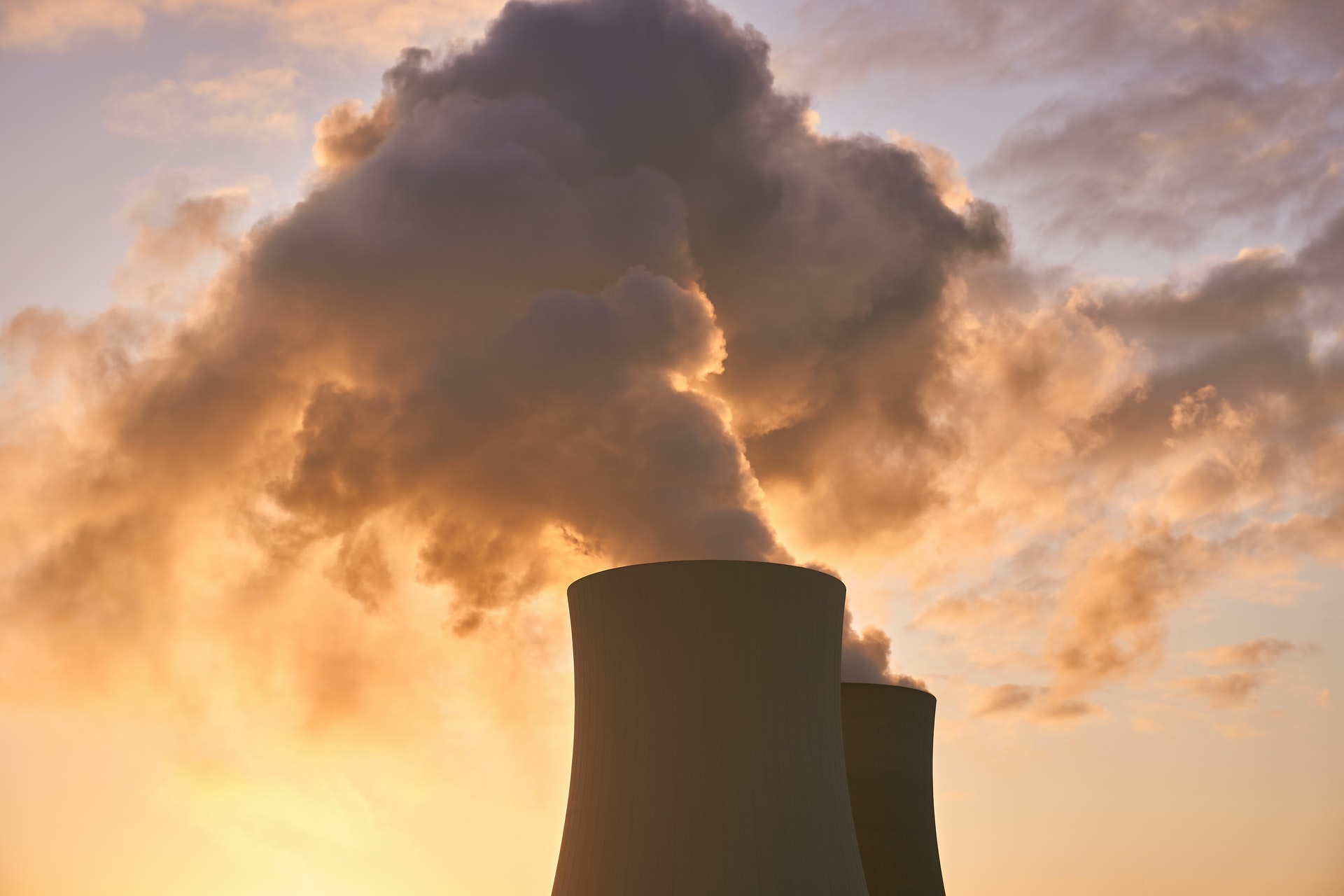
The cement industry, which currently accounts for 8% of global emissions, could radically reduce its climate impact be implementing energy efficiency measures, according to a report from the World Wildlife Fund for Nature (WWF).
The production of 1 tonne of cement currently leads to emissions of up to 0.95 tonnes of CO2. The growth in the production and use of cement means that, unless action is taken, CO2 emissions from the industry could exceed that of the whole of the European Union by 2030.
The report outlines steps that the cement industry, particularly in the developing world where there is large-scale growing demand, could take to cut up to 90% of emissions.
There is potential for significant emissions reduction through energy efficiency measures in the production of cement and its more efficient use.
WWF report is calling on the industry to undertake measures including:
- Increasing the thermal efficiency of the kilns used to produce cement of cement;
- Using biomass to fuel kilns;
- Improving the electrical efficiency of cement plants through waste heat recovery systems;
- Increased use of additives and substitutes; and
- Fitting carbon capture and storage technology to larger cement plants.
“The solutions proposed in WWF’s new report can help the industry move in the right direction, setting targets and taking action that will lead to deep cuts in emissions quickly,” says Oliver Rapf of WWF.
As well as setting technical standards for the industry, governments of industrialised and developing nations need to establish policy frameworks covering emissions from building materials such as cement, says WWF.
China is a good case in point, says Dongmei Chen, director of WWF China’s climate change and energy programme.
The country is a major user and producer of cement – holding a 20% share of the international market in cement plant technology.
Dry kilns, which represent a much more efficient than shaft kiln technology, have grown from 12% of capacity in China in 2000 to 53% in 2005 and should reach over 70% by 2010.
“[This] report proves that it is possible to disassociate economic growth from increased greenhouse gas emissions,” says Chen. “This is a valuable lesson for industry and politics.”
WWF is calling from industrialised nations to lead the way in encouraging companies to implement energy efficiency measures and establishing a regulatory framework.
